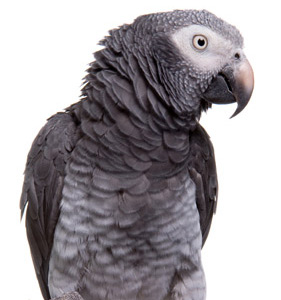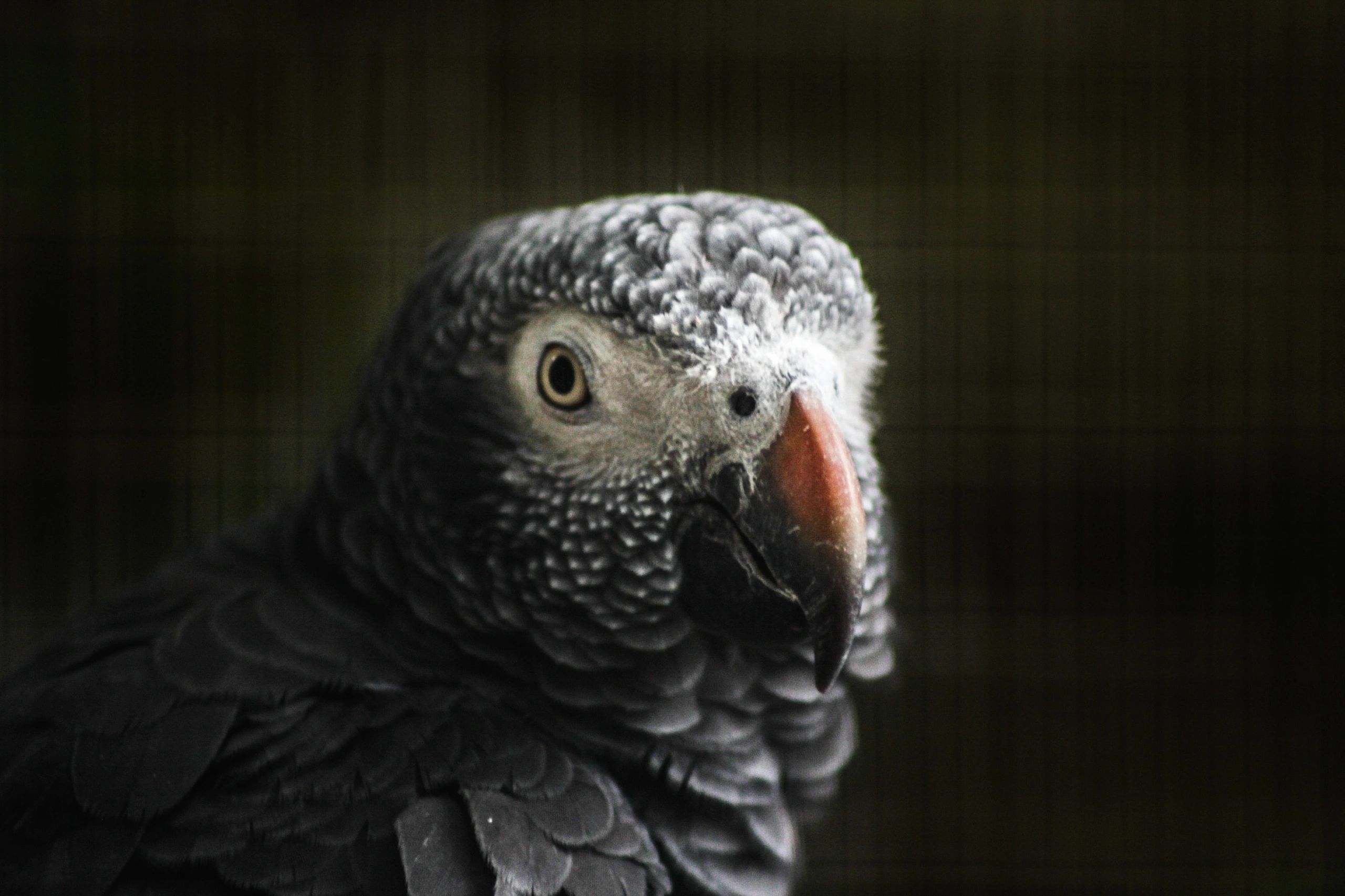mdjmsmith2
Member
- Dec 14, 2021
- 31
- 56
So.. I have a new baby Macaw.. Deleted because baby turned into a love bug!!
Last edited:
Follow along with the video below to see how to install our site as a web app on your home screen.
Note: This feature may not be available in some browsers.



You want to work to prevent any screaming from starting rather than trying to stop .She is sixteen weeks old.. Born March 13th…. She is feed weaned but not maturity wise. I am happy to spend more time with her but just need to know how to tone down the screeching. I enjoy the baby sounds and bobbing the head up and down… but the moment I cuddle her there she goes all out!! More, more and I just can’t!
On the positive side, she is fun and easy to train at this age and can do most anything… let’s put on a harness.. okay mom… let’s go for a ride in a stroller… okay mom, let’s put on a flight suit, okay mom… no questions asked.
Great, if I can just figure out how to tone down the screaming!!
Thank you very much for the reading… I am on it and will enjoy reading them tonight.
